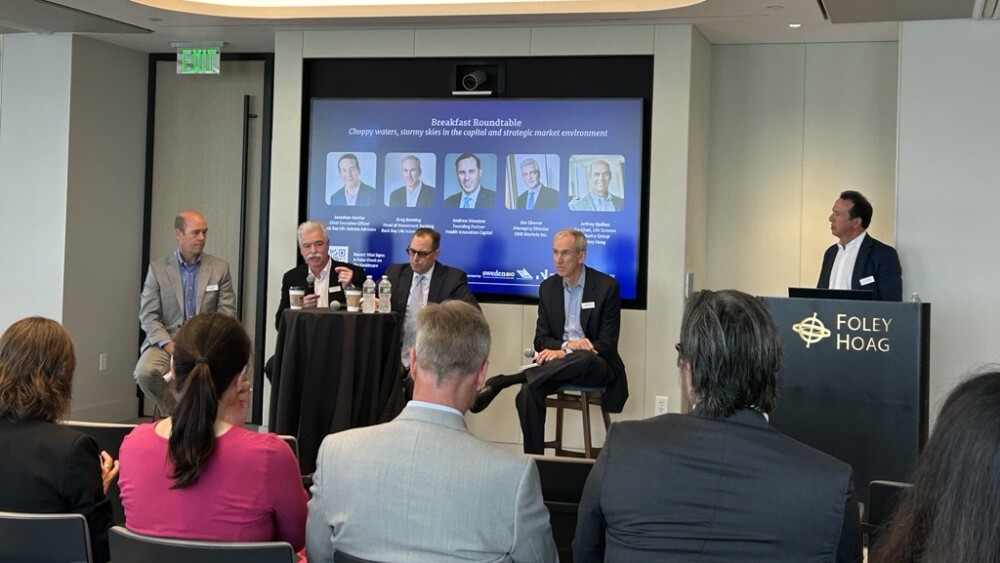As a multi-cytokine inhibitor, BNZ-1 is a novel immuno-oncology drug that integrates inhibition of malignant cells, activation of tumor immunity, and suppression of inflammation
|
IRVINE, Calif., Nov. 5, 2020 /PRNewswire/ -- Bioniz Therapeutics, Inc. ("Bioniz") today announced an oral presentation at the 62nd ASH Annual Meeting and Exposition (ASH 2020) of positive safety and efficacy data from the company's Phase 1/2 clinical study of BNZ-1 for the treatment of refractory cutaneous T-cell lymphoma (rCTCL), a rare, aggressive cancer. These clinical data are the first to demonstrate therapeutic efficacy of BNZ-1, a multi-cytokine inhibitor selectively targeting three interleukins, IL-2, IL-9, and IL-15. In the study, BNZ-1 treatment was well tolerated with no dose-limiting toxicities or drug-related serious side effects. BNZ-1 is the lead asset from the company's platform of first-in-class peptide therapeutics that selectively and simultaneously inhibit multiple cytokines to treat cancer and autoimmune diseases. About the oral presentation at ASH 2020: "These are the first data to demonstrate efficacy of BNZ-1, a multi-cytokine inhibitor, in treating cancer, and further validate our therapeutic platform and our pipeline of anti-cytokine therapies for the treatment of cancer and autoimmune diseases," said Dr. Nazli Azimi, Founder and CEO of Bioniz Therapeutics and co-inventor of BNZ-1. "We believe that the multi-cytokine targeting of BNZ-1 delivers a multimodal immunomodulation effect to decrease the proliferation of malignant cells, control the inflammation generated by the cancer in the tumor microenvironment, and lower the inhibitory activity of regulatory T-cells." The Phase 1/2 clinical study was designed as a multi-center, open-label, dose-escalation study of BNZ-1 to assess its safety and efficacy as a single systemic agent in rCTCL patients that have failed standard of care and other available treatment options. The primary endpoint of the study was overall safety after four weeks of treatment. There was a three-month treatment extension to further evaluate safety and clinical response. Long Term Extension (LTE) was available for patients who benefited from BNZ-1 treatment. In the dose ranging part of the study, 15 patients (stages IB and IVB) were enrolled across the four dose cohorts (0.5, 1, 2, and 4 mg/kg) for intravenous weekly dosing. BNZ-1 showed activity in all doses as it was determined by early signs of clinical efficacy and pharmacodynamic (PD) biomarkers. The 2 mg/kg dose was selected based on PK/PD relationship and clinical efficacy and expanded to a total of 19 patients. Clinical efficacy was measured by mSWAT and GRS as defined previously (Olsen E. et al. 2011). The results of the efficacy study of 19 patients are as follows:
"Currently, rCTCL patients switch treatments every four months due to side effects, so we are extremely encouraged that BNZ-1 treatment was well tolerated, which could support long-term treatment for these patients," concluded Dr. Azimi. About Refractory Cutaneous T-cell lymphoma (rCTCL) About BNZ-1 About Bioniz Therapeutics
SOURCE Bioniz Therapeutics, Inc. |




